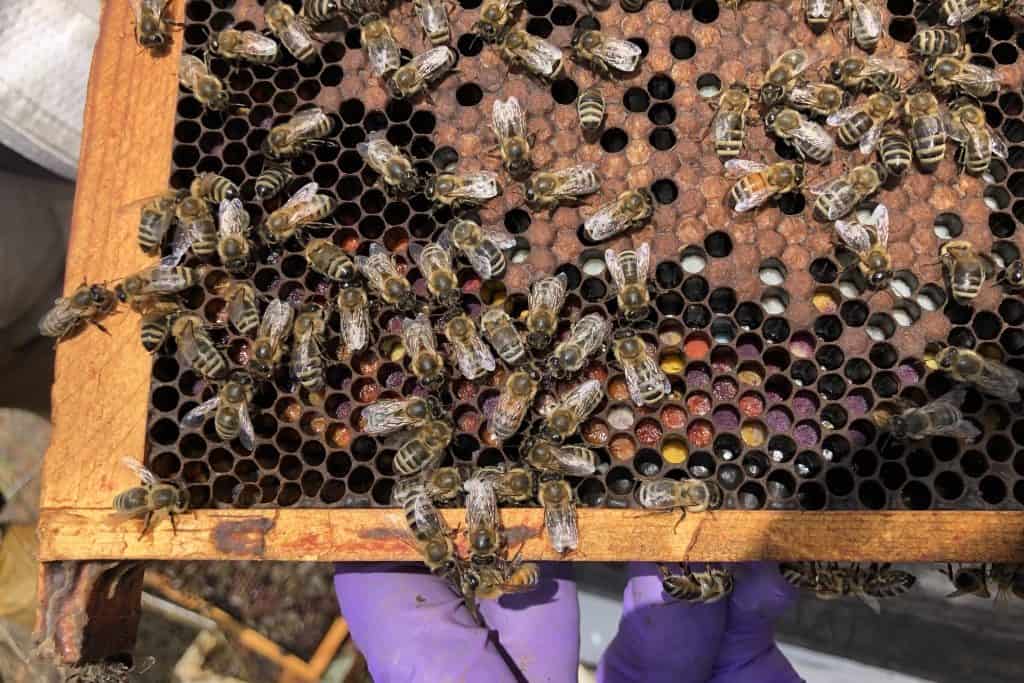As with all of our data, the Bee Informed Partnership (BIP) is responsible for all source data and holds the copyright for all information presented here. All of the results generated by BIP and published here represent an unbiased assessment of any product or process, and BIP results are not endorsements of commercial products, protocols, or services. Unless stated otherwise, BIP supports the reproduction and reuse of these results, publications and figures for scientific and educational purposes, at no cost, provided that BIP’s ownership, copyright and non-endorsement status are acknowledged. When citing any of the information, figures, or other material sourced from the BIP website, unless it has been published elsewhere as a journal article, please also include in your citation: the year published (when available), title, web address, and date obtained.
